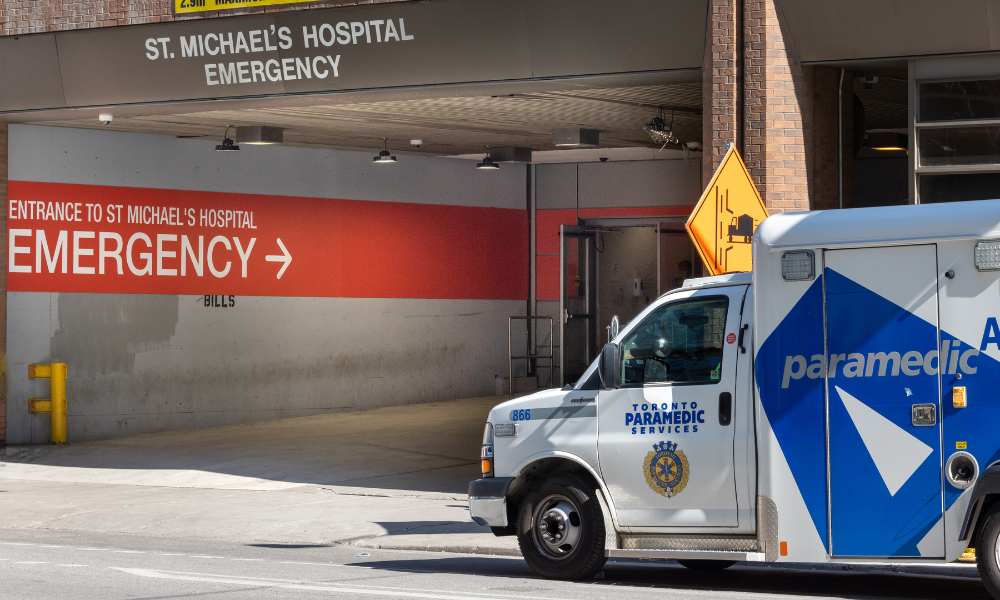
Her failure to repair the injury caused the patient's life-threatening complications: court

The Ontario Superior Court of Justice found a gynecologist surgeon negligent for failing to detect and repair a bowel perforation during a 2015 laparoscopic surgery, resulting in life-threatening complications and permanent injuries to the patient.
The plaintiff underwent surgery to address a uterine condition at St. Michael's Hospital in Toronto. During the operation, a bowel injury occurred, leading to life-threatening complications that required emergency surgery 36 hours later. The patient endured weeks in intensive care, multiple surgeries, and permanent after-effects, including a colostomy.
The court acknowledged that bowel injury is a known risk of such surgery but held that the surgeon failed to meet the standard of care required to identify and address the injury during the procedure. The court determined that the surgeon was unable to thoroughly inspect the surgical site, particularly in the area where they had removed significant adhesions between the bowel and fallopian tube.
Expert testimony played a pivotal role in the court's findings. Both plaintiff and defence experts agreed that careful bowel inspection after removing adhesions is critical to detect potential injuries. The plaintiff's expert argued that a proper examination would have revealed the bowel perforation, which measured one to two centimetres. The defence expert concurred that a significant injury would have been detectable under the standard of care.
The court also considered other risk factors, including the perforation of the uterine fundus by a surgical instrument, the patient's body fat, and the presence of epiploica (fatty pouches on the colon), which increased the complexity of the surgery. The court found these factors warranted heightened caution and a more thorough bowel inspection.
The Superior Court concluded that the surgeon's failure to detect and repair the injury directly caused the patient's life-threatening complications and subsequent surgeries. The parties agreed upon damages before trial, and the ruling focused solely on liability.